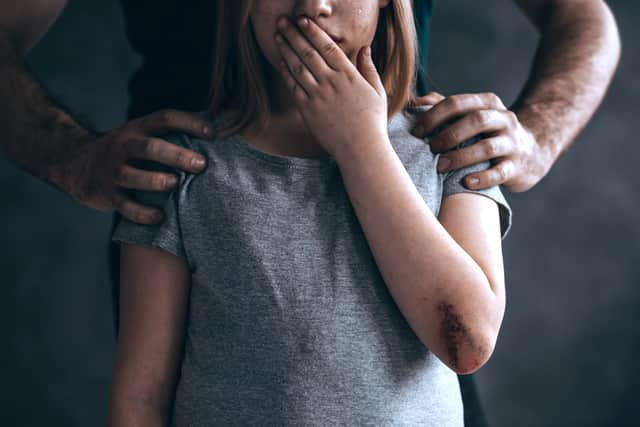These are the things police say parents must do now to protect children from online paedophiles
and live on Freeview channel 276
The force has issued the tips to The News as they seek to stop innocent children being groomed by sex offenders online.
It comes amid fears perverts are increasingly turning to social media sites like Instagram, Facebook, TikTok and Snapchat to seek out their victims.


in a message to parents, Hampshire police have urged:
Advertisement
Hide AdAdvertisement
Hide Ad:: Ask your child to show you how to use a social networking site. Getting involved may prevent them from getting into difficult situations online.
:: ‘Friend’ your child on social media sites. Those looking to groom children online tend to look at who they are friends with.
:: Make sure your child is old enough to sign up. Age restrictions are often given for a reason.
:: Children will make online friends and may wish to meet them. Encourage them to speak to you about this first and work out a plan that allows them to meet safely i.e. you go along with them.
Advertisement
Hide AdAdvertisement
Hide AdAnd speaking out directly to children, the police force said:
:: Think about the images you post online. Images remain on there forever and are out of your control - don't share or post an image that you wouldn't want your parents, teacher or future employer to see.
:: If you see something online you are concerned about or someone says something you feel uncomfortable with, use the ‘print screen’ function to record the content and show an adult.
:: Never post personal information online such as your home address, telephone number, email address or school.
Advertisement
Hide AdAdvertisement
Hide Ad:: Don’t become ‘friends’ with people online that you don’t know. Some people hide their real identity in an attempt to contact young people sometimes for sexual purposes.
:: Have your privacy settings set to the highest level and check them frequently.
Those who are concerned about sexual abuse can call police on 101 – or 999 in an emergency.
Alternatively, call independent charity Crimestoppers on 0800 555 111, or children’s protection charity NSPCC’s helpline on 0808 800 5000.
Children can call Childline on 0800 1111.